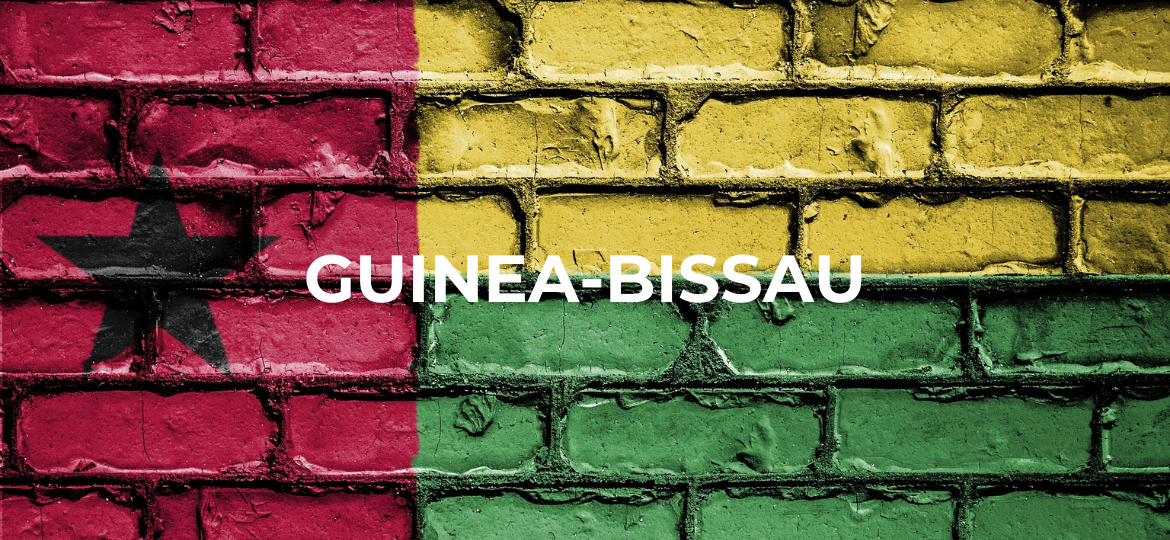
After the attempted coup of February 1, 2022, in Guinea-Bissau, ProtectDefenders.eu’s partners have received concerning reports of attacks against independent media, human rights organisations and their members. The Bissaoguinean authorities are targetting and harassing human rights defenders and organisations in the country, causing concern over their physical integrity and psychological well-being.
On February 1, 2022, a group of armed men attacked the Government Palace in the capital Bissau when the government was meeting in a Council of Ministers with the President of the Republic, Mr Umaro Sissoco Embalo. This attempted coup was foiled by the authorities after five hours of confrontation, resulting in the death of 11 people according to official sources.
After the violent events, the security situation in the country, and in particular that of human rights defenders and organisations, significantly deteriorated.
On February 8, 2022, the Liga Guineense dos Direitos Humanos (LGDH), a member of the International Federation for Human Rights (FIDH), held a press conference reacting to the attack on the Government Palace and demanding a transparent investigation to bring the perpetrators to justice. The content of this statement did not please the national authorities who therefore started to intimidate and threaten the members of the LGDH. On February 10, 2022, the LGDH held a second press conference during which it denounced the atrocities unknown individuals committed against citizens and media since the attempted coup and the deteriorating situation of human rights in the country.
Since these meetings with the press, the leaders of the League, especially President Augusto Mário da Silva and Vice-President Bubacar Turé, have been receiving anonymous death threats and intimidating visits by armed men to their respective homes. Several members of the LGDH and dissenting voices left their homes in search of safer places.
In the wake of these acts of intimidation against human rights defenders and dissenting voices, the residence of Mr Luís Vaz Martins, former LGDH President, was invaded by armed men. As a result, he had to flee to a safer place.
Moreover, press freedom has been seriously threatened since the attempted coup, with independent media being targeted because of their critical stance towards the country’s authorities. On February 7, 2022, the premises of Radio Capital FM in Bissau, an independent radio critical of the regime, were attacked by masked men armed with Kalashnikovs injured seven of the people inside and ransacked all of its equipment. One of the journalists, Maimuna Bari, is still in serious condition in Bissau’s military hospital with spine and rib injuries.
In the early evening of February 8, 2022, the house of Mr Rui Landim, a political commentator on Radio Capital FM, was attacked by armed men wearing Rapid Response police uniforms, who fired automatic weapons and tear gas at his house.
Guinea-Bissau is ranked 95th out of 180 countries in RSF’s 2021 World Press Freedom Index. The parliamentary elections held in March 2019 failed to end the years of instability that began with a military coup in 2012 and continued with Prime Minister Domingos Simões Pereira’s ouster three years later by José Mario Vaz, whose presidency ended in February 2020. The political impasse during these years has polarised the media and journalists, weakened them and left them extremely vulnerable to political influence and pressure. It has also resulted in an increase in government meddling in the state-owned media, whose directors have all been replaced. In February 2020, soldiers sympathetic to Umaro Sissoco Embaló, the newly-declared winner of a two-round presidential election, occupied the headquarters of the state radio and TV, accusing its journalists of “bias” in favour of Embaló’s rival in the second round, held in December 2019. A few months later, gunmen attacked a radio station critical of the government and destroyed its transmitter. The country has only one TV channel, which is controlled by the state, the right of access to information is not guaranteed and journalists still usually censor themselves when covering governmental shortcomings, organised crime and the military’s continuing influence. Some journalists have fled abroad to escape threats and intimidation.


